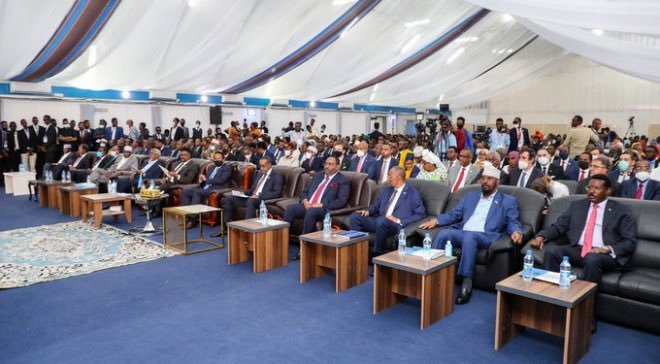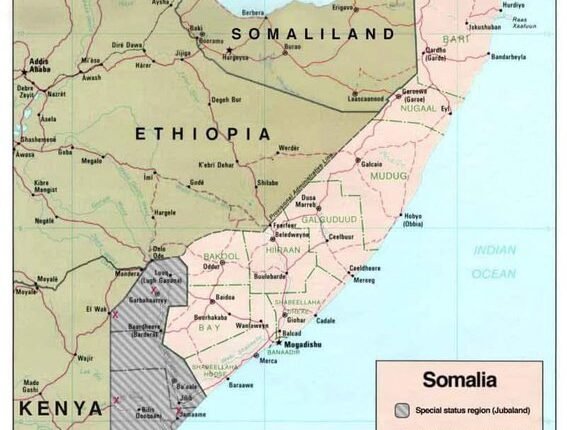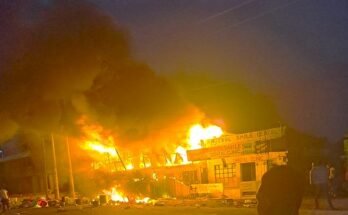Somalia stands at the crossroads, preparing for one of its toughest security crises in recent history. The country remains mired in a prolonged war against the Al-Qaeda affiliated Al-Shabaab militant group, as well as other international terror factions that keep destabilizing the region. With national security hanging in the balance, there is mounting speculation that Somalia will soon be brought under martial law via emergency powers.
Somalia has been in a state of conflict for decades and the federal government has not been in a position to exert complete control over most of its territory. Al-Shabaab, despite being targeted by internationally ally-supported military operations, continues to conduct deadly attacks on civilians, government officials, and security forces. The recent escalation of violence has made it nearly impossible to hold democratic elections since the government is faced with logistical and security challenges in providing a free and fair electoral process.
With the threatening specter, the government of Somalia will go to the extreme measure of declaring martial law, subjecting the country to a military administration and limiting some civil liberties for the purpose of giving to the executive huge powers in exterminating terrorism. In doing so, it may fulfill its security needs but raises possible questions about its dedication to democracy, accountability and rights.
The Implications of Martial Law
If Somalia declares martial law, the consequences will be far reaching. These are some of the most significant ones:
1. Suspension of Elections: With the country in a state of war free and fair elections were not going to be held under current conditions. Martial law could suspend the electoral process indefinitely, raising fears of an extended power struggle.
2. Enhanced Military Powers: Security personnel would enjoy greater powers to arrest suspects, conduct raids, and institute curfews in the national interest. Though these measures could help in the fight against terrorism, they could also lead to human rights violations.
3. Impact on Civil Liberties: Under martial law, civil liberties such as movement, speech and assembly may be severely restricted. The government can censor media and tightly control public assemblies in order to prevent opposition movements from gaining ground.
4. International Response: The international community, Western allies, the African Union and the United Nations would watch Somalia’s case with great interest. While they could assist the government in its fight against terrorism, they could also put pressure on Somalia to uphold democratic principles and avoid prolonged military rule.
While Somalia’s security crisis is undoubtedly serious invoking martial law is a serious step to take. The government must balance the need for tough security action against preserving democratic government. Martial law, if invoked, must be followed by detailed timetables, accountability mechanisms, and a promise of returning to civilian government as soon as conditions allow.
The people of Somalia, who have endured decades of chaos, are owed security and a democratic future. The international community must remain engaged, providing Somalia with the assistance it requires to defeat terrorism without permitting emergency measures to permanently undermine democratic advances.
In the meantime, the world holds its breath as Somalia navigates this critical juncture, hoping that whatever is accomplished will ultimately lead to a safer, more secure nation.
State of Emergency: Is Somalia Heading Toward Military Governance?



